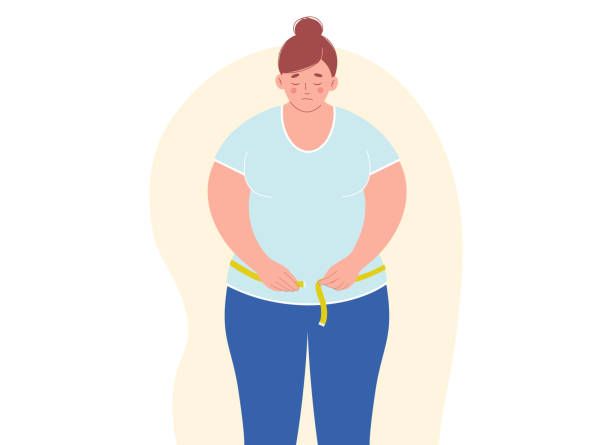Prevention of Obesity
You may be concerned about preventing obesity due to a gradual weight gain, a family history of obesity, a related medical condition, or simply a general desire to stay healthy. Whatever your motivation, the goal is admirable.
Obesity prevention lowers your risk of a variety of health problems, including heart disease, diabetes, and some cancers, among others.
Obesity, like many chronic diseases, is preventable with a healthy lifestyle—staying active, eating a healthy diet, getting enough sleep, and so on. Prevention strategies are also treatment strategies if you are already overweight or obese.
Diet
Obesity can be avoided by adhering to the basic principles of healthy eating. Here are some simple changes to your eating habits that will help you lose weight and avoid obesity.
Eat five a day: Aim for five to seven servings of whole fruits and vegetables per day. Low-calorie foods include fruits and vegetables. According to the World Health Organization, there is compelling evidence that eating fruits and vegetables reduces the risk of obesity.
They contain more nutrients and are linked to a lower risk of diabetes and insulin resistance. Their fiber content, in particular, helps you feel full while consuming fewer calories, thereby preventing weight gain.
Avoid highly processed foods: Highly processed foods, such as white bread and many boxed snack foods, are common sources of empty calories, which can quickly add up. According to a 2019 study, subjects who were given a highly processed diet ate more calories and gained weight, while those given a minimally processed diet ate less and lost weight.
Reduce your sugar intake: It is critical to limit your intake of added sugars. The American Heart Association recommends that women consume no more than six teaspoons of added sugar per day and men consume no more than nine teaspoons per day. 4 Sugary beverages, including sodas and energy or sports drinks; grain desserts such as pies, cookies, and cakes; fruit drinks (which are rarely 100% fruit juice); candy; and dairy desserts such as ice cream are all major sources of added sugar to avoid.
Artificial sweeteners should be avoided because they have been linked to obesity and diabetes. If you must use a sweetener, try a small amount of honey, which is a natural option.
Avoid saturated fats: According to a 2018 study, eating foods high in saturated fat contributes to obesity. 5 Instead, eat avocados, olive oil, and tree nuts, which are high in healthy fats (monounsaturated and polyunsaturated fats). Even healthy fats should be limited to 20% to 35% of daily calories, and people with high cholesterol or vascular disease may require even less.
Drink more water and cut out all sugary drinks from your diet. Make water your go-to beverage; unsweetened tea and coffee are also acceptable. Avoid energy drinks and sports drinks, which not only contain an excessive amount of added sugar but have also been shown (in the case of the former) to pose potential cardiovascular risks.
Cook at home: According to studies that looked at the frequency of home meal preparation, both men and women who prepared meals at home were less likely to gain weight. They also had a lower risk of developing type 2 diabetes.

Comment's
CsIXRLdZOrmhjGEt 2024-03-14 00:05:41
CsIXRLdZOrmhjGEt 2024-03-14 00:05:39
vfawYhLZqKIStB 2024-03-09 00:06:38